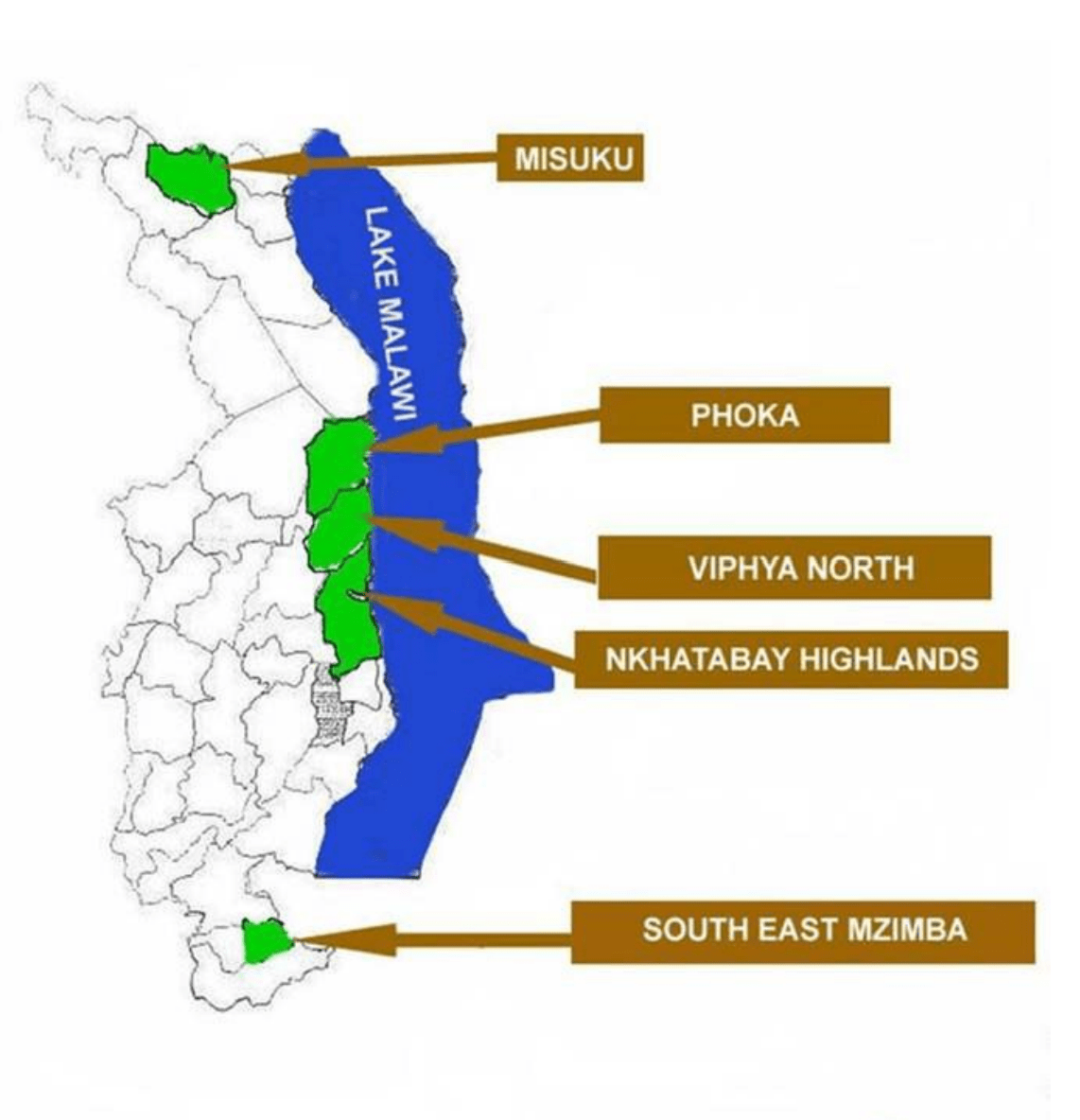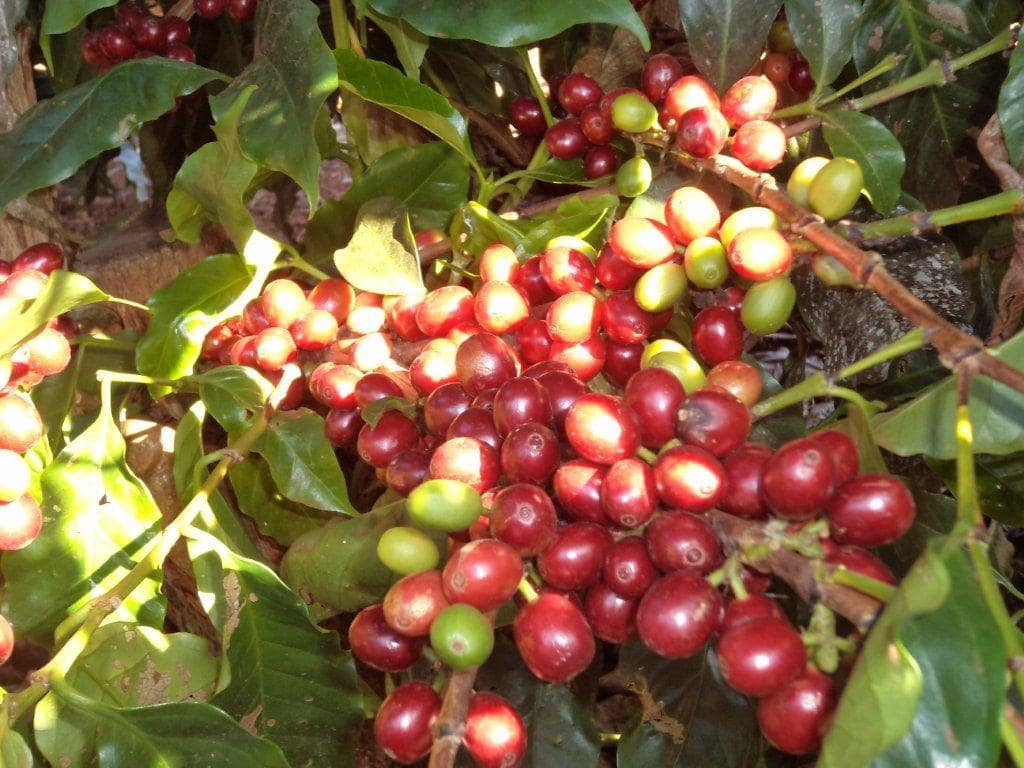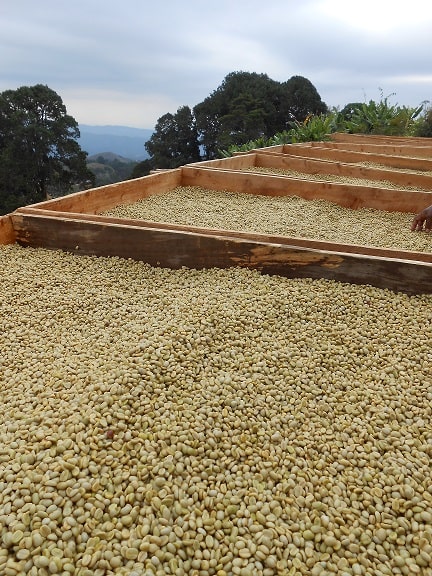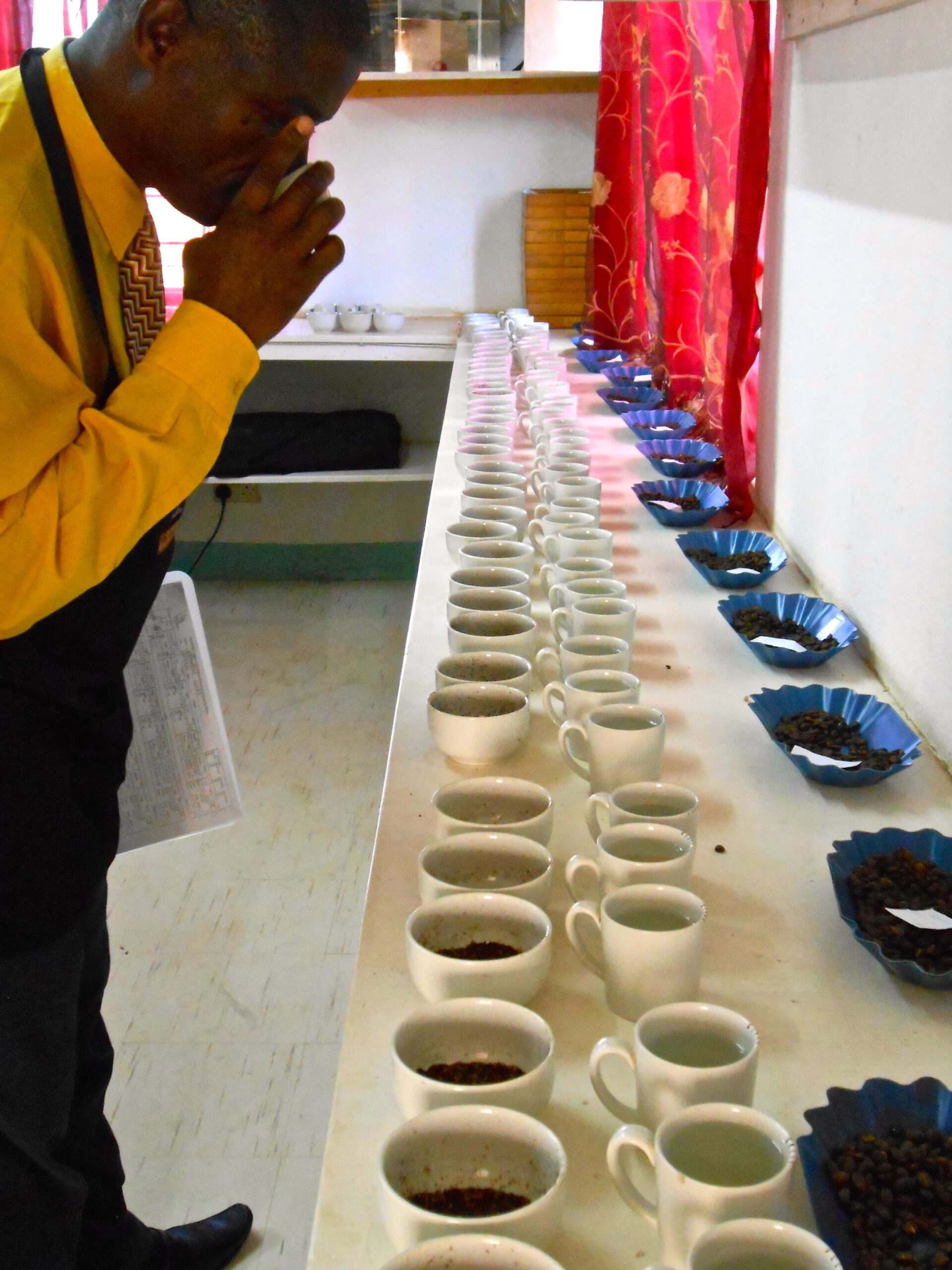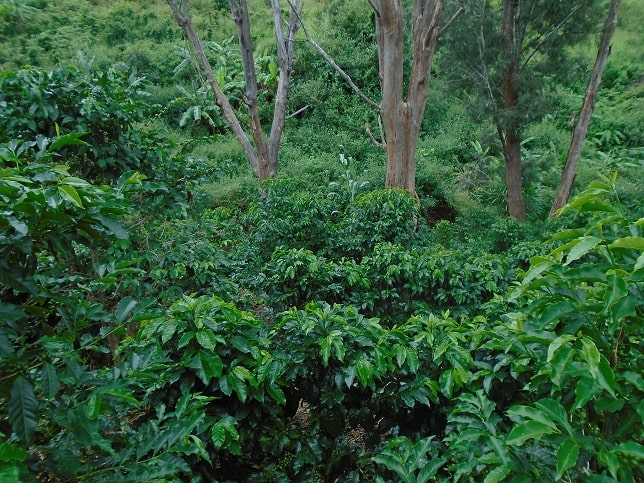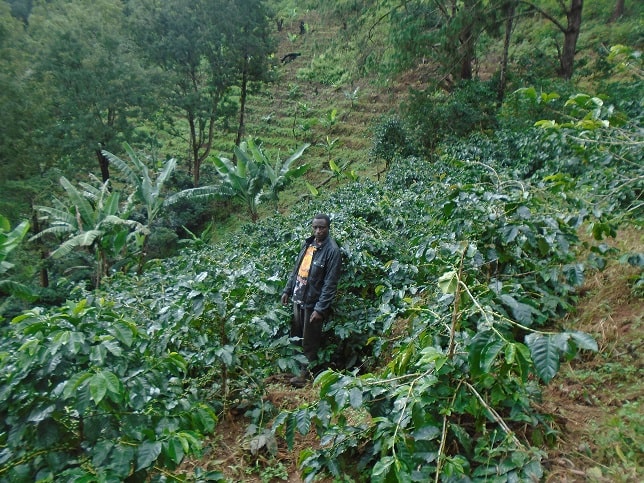Malawi Mzuzu AA Plus comes to us from the Mzuzu Coffee Planters Cooperative Union Limited, is a 2007 rebranding of the Mzuzu Coffee Planters Cooperative Union Limited. The original collection of smallholder projects was founded in the 1980s by the Commonwealth Development Corporation. Presently, the Union represents 2,700 small scale farmers, over 30% of whom are women farmers. These producers are organized locally in district cooperatives, primarily from Mzimba northwards, although there are some newer additions from the Ntchisi East district of Central Malawi.
Districts of the Mzuzu Coffee Planters Cooperative Union Limited
The many the regions represented by the Mzuzu Coffee Planters Cooperative Union Limited means Malawi Mzuzu AA Plus is grown in a range of microclimates. The northern most area represented is Misuku Hills, along the Songwe River, which forms natural boundary between Malawi and Tanzania. This region is made up of 4 parallel ridges and plateaus, ranging between 1,700 and 2,000 meters above sea level. Notably stable temperatures and dependable rainfall make this an ideal region for coffee cultivation. The Central regions (Phoka Hills, Viphaya North, and Nkhata Bay Highlands) span the western coast of Lake Malawi. Altitudes here range between 1,200 and 2,500 meters above sea level, with the highest points on the Nyika Plateau in the north and Viphya Plateau in the south. The acidic red clay and loamy sand clay soils are ideal for coffee growing. Finally, the Southern most regions represented by the Union lie in South East Mzimba, which occupies the upper valley of Luwelezi, Rukuru and Rupashe River systems. The altitude here ranges between 1200m and 1700m above sea level. Coffee thrives here due to the high rainfall in this region.
Processing Details
The harvest season for these cooperatives range from June to September. First, the coffees are pulped by hand and machine, are fully washed, and lastly sun dried on raised beds. Parchment is stored in bags in a cool, well-ventilated conditions for two to twelve weeks, and subsequently sent to the Mzuzu Coffee Planters Cooperative Union dry mill for processing. The coffees grown are a mixture of Catimor 129, Nyika Catimor and a small percentage of Geisha (inherited from the early days of the cooperative movement) which are blended together, and consequently sorted into respective grades at the dry mill.
Cupping notes: Stone fruit, berries, citrus; juicy acidity, lush body.
